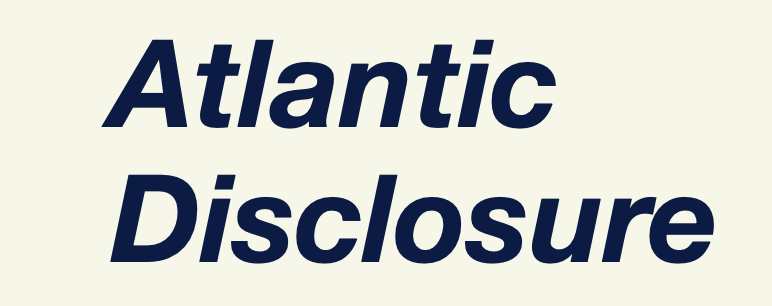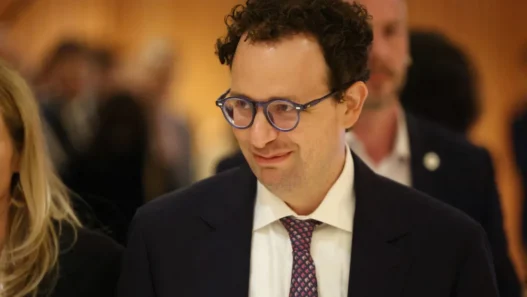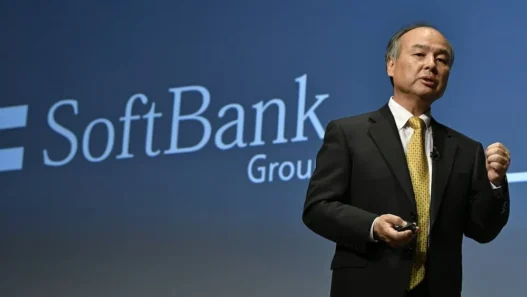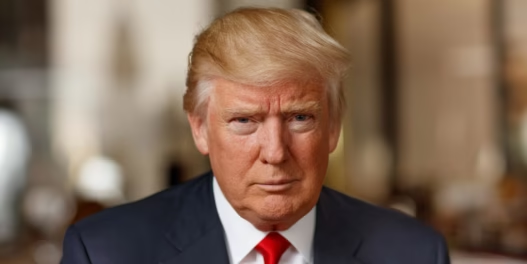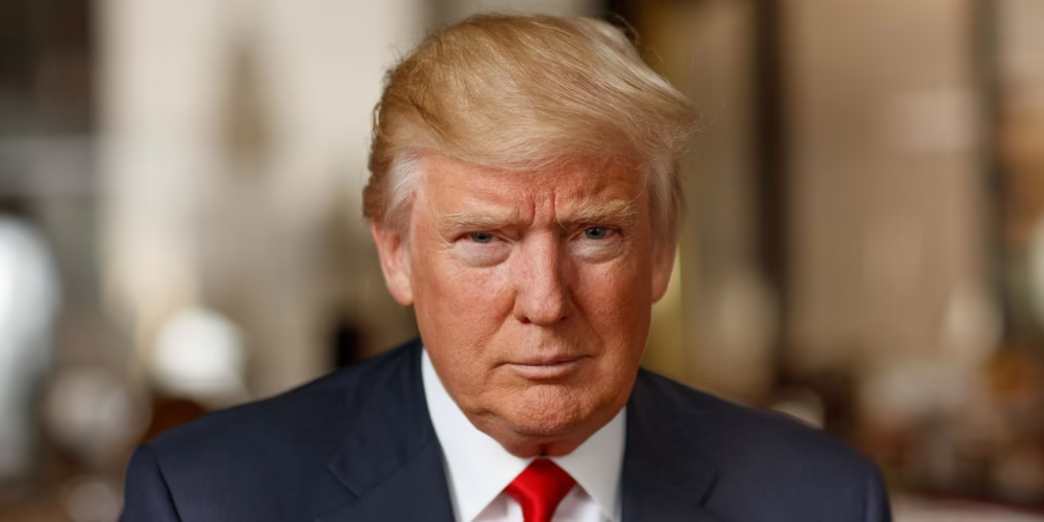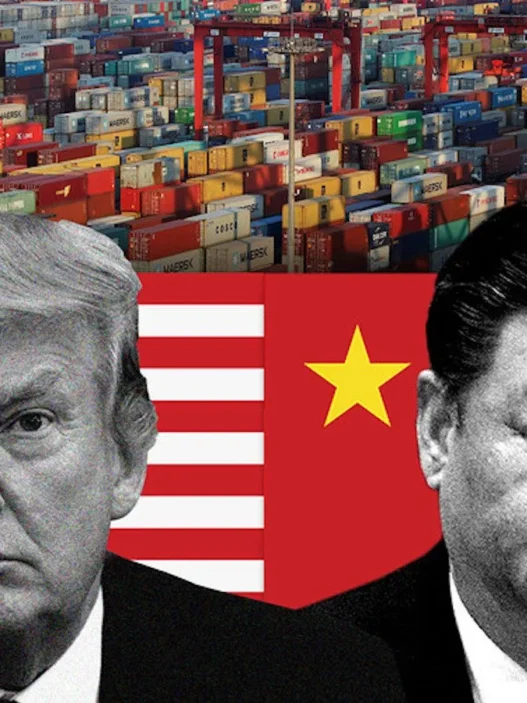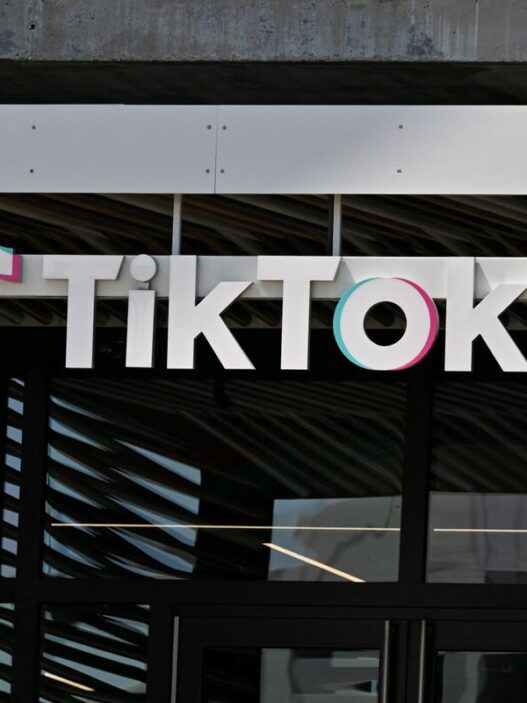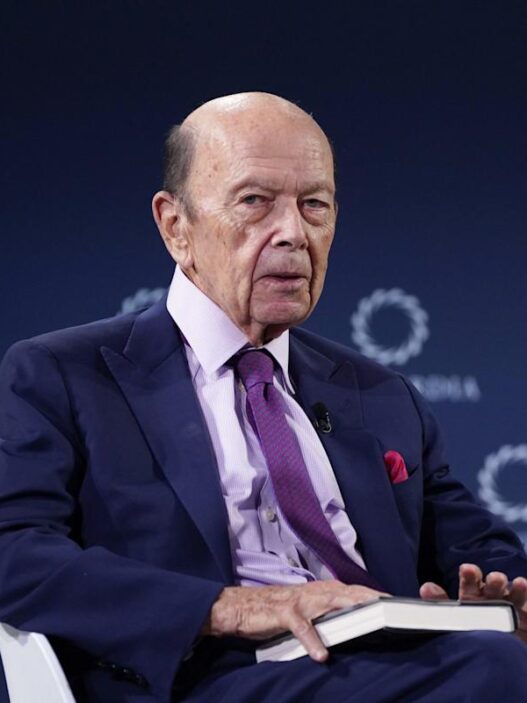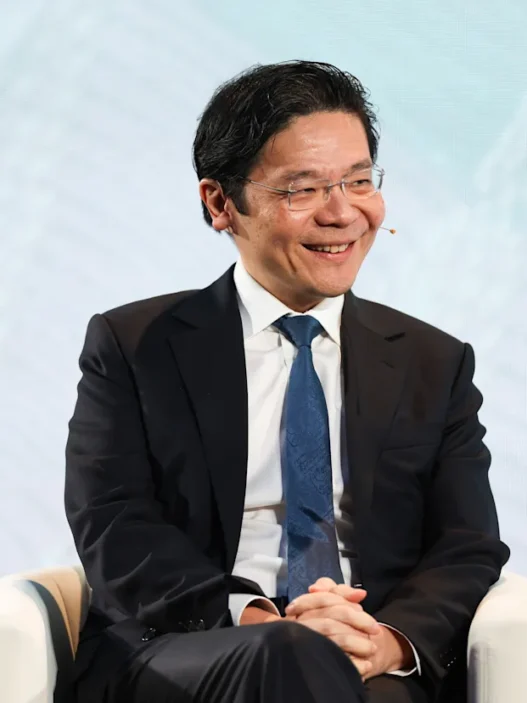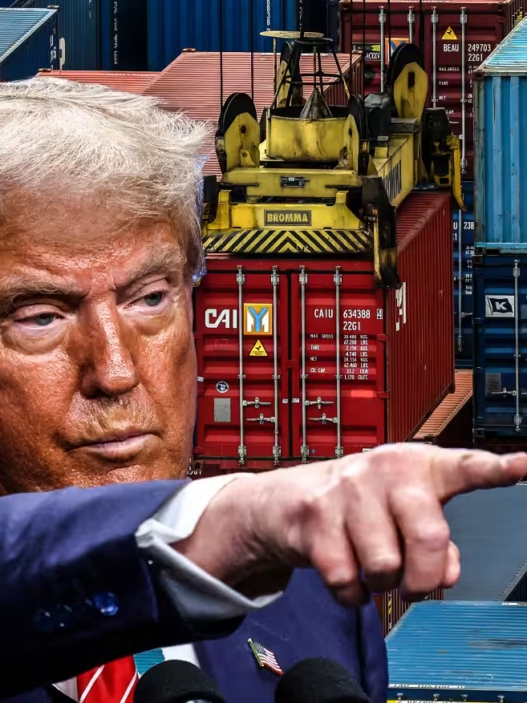In recent months, a subtle but growing unease has been brewing in America’s corporate boardrooms. Away from the glare of television cameras and quarterly earnings calls, CEOs across industries are increasingly worried about the United States’ long-term commitment to free speech, scientific integrity, and the rule of law—three pillars that have historically made the country an unrivaled hub for innovation and investment.
While most executives remain cautious about speaking publicly on these issues, citing fears of political retaliation or consumer backlash, conversations behind closed doors reveal mounting anxiety. For global business leaders, the erosion of these values represents not just a cultural crisis but also a profound economic risk.
Free Speech: The Engine of Innovation
Executives are particularly troubled by signs that America’s traditional defense of free speech is fraying.
- Political polarization has fueled increasing restrictions on expression, with both state-level governments and corporations themselves under pressure to silence controversial viewpoints.
- Media fragmentation has created echo chambers, leaving leaders concerned that public discourse is being replaced with tribal loyalty.
- Chilling effects on research are also being noted in academia and the corporate world, as scientists and technologists self-censor to avoid reputational or financial damage.
“Freedom of expression has always been a competitive advantage for America,” one Fortune 100 CEO said privately. “If people no longer feel safe to debate ideas openly, the pace of discovery slows down—and companies lose their edge.”
Science Under Political Pressure
The business community is also wary of the growing politicization of science. From climate change to health care, executives see political battles shaping what data is accepted, what research gets funded, and what innovations are prioritized.
The stakes are high:
- Pharmaceutical executives fear that scientific consensus could be undermined in ways that disrupt drug development pipelines.
- Energy companies worry that ideological divides on climate policy could destabilize the long-term investment environment for renewables and decarbonization.
- Tech leaders caution that attacks on basic research—particularly in AI and life sciences—could cede U.S. leadership to Europe or Asia, where scientific communities are often better shielded from politics.
“Science thrives on rigorous debate, not political litmus tests,” said one Silicon Valley founder. “When truth becomes negotiable, business planning becomes impossible.”
Rule of Law: The Bedrock of Investment
Perhaps the most troubling concern is the perception that the rule of law in the U.S. is weakening. Corporate leaders point to several trends:
- Inconsistent enforcement of antitrust laws and regulations, leaving companies unsure about what standards will apply in future deals.
- Selective investigations and prosecutions that appear politically motivated.
- Rising unpredictability in how courts interpret longstanding business laws, from intellectual property protections to labor rights.
Foreign executives, particularly from Europe and Asia, now quietly ask whether the U.S. legal system is as reliable as it once was. Some are shifting capital to jurisdictions seen as more stable, even if less dynamic.
A leading hedge fund manager summarized the sentiment: “Capital is cowardly. If investors sense that contracts, property rights, or court rulings can be bent by politics, they will go elsewhere.”
CEOs Walk a Tightrope
Despite these fears, most CEOs remain reluctant to address them publicly. Speaking out could invite political attacks, shareholder activism, or boycotts. Instead, they are quietly lobbying policymakers, funding think tanks, and exploring risk mitigation strategies such as diversifying supply chains and opening secondary headquarters overseas.
At the same time, a handful of executives have begun testing the waters by framing the issue as an economic rather than a political one. They argue that free speech, scientific integrity, and legal stability are not partisan values but economic necessities for the United States to remain competitive in the 21st century.
The Global Competitive Landscape
The erosion of these values is also shifting America’s global standing.
- Europe—despite its regulatory burden—is increasingly seen as a bastion of legal stability.
- Asia, led by Singapore and South Korea, is drawing investment in high-tech sectors thanks to heavy state support for research and predictable legal frameworks.
- China, despite its lack of free speech, is making significant gains in science and infrastructure, leading some CEOs to question whether the U.S. is losing its innovation edge.
If America’s reputation for openness and fairness continues to decline, multinationals may accelerate their pivot away from U.S. markets.
Why It Matters
The quiet concern among CEOs is not just about principles—it’s about the bottom line. Free speech fuels the flow of ideas, science drives innovation, and the rule of law secures investments. Weakening any of these undermines the very foundation of American prosperity.
As one executive put it: “You can raise corporate taxes, tighten regulations, and companies will adapt. But if you lose trust in free speech, science, and the rule of law, you lose the essence of what makes America worth betting on.”
Conclusion
For decades, U.S. businesses have thrived because the country was the most reliable place in the world to innovate, invest, and speak freely. That reputation is now under quiet assault, and CEOs—though reluctant to say it publicly—are sounding the alarm behind the scenes.
If left unchecked, this erosion could do more than disrupt political debates; it could rewire the global flow of capital and talent, leaving the United States less dynamic and less competitive than its rivals.
